All the many donations to the Mishkan were only accepted if they had been attained honestly. Any gifts that might have been tainted by being acquired dishonestly were rejected.
“If you take from a thief, you will nevertheless feel the taste of stealing” (Talmud).
Rabbi Huna, a well respected sage of the Talmud, had a worker who took more than his allotted amount of the harvest. To even things out, the rabbi withheld some of his worker’s payment. Rabbi Huna then suffered a severe loss when his wine spoiled. His colleagues told him this happened because he had withheld some of his worker’s pay. He protested, “My worker is stealing from me!” His colleagues responded that this does not justify him withholding any payment.
“If you take from a thief you are also a thief!” Instead, he should have taken his worker to court for his theft instead of taking the law into his own hands, which can lead to anarchy.
It is easy to rationalize one’s behavior, if someone has cheated us we may justify our getting back what we can in anyway even though, on its own, it would be dishonest.
This is a very important perspective, a dishonest act is not rendered honest even when we can justify it. The nature of dishonesty is that it breeds dishonesty. Once we do something unethical it affects us and compromises our values.



